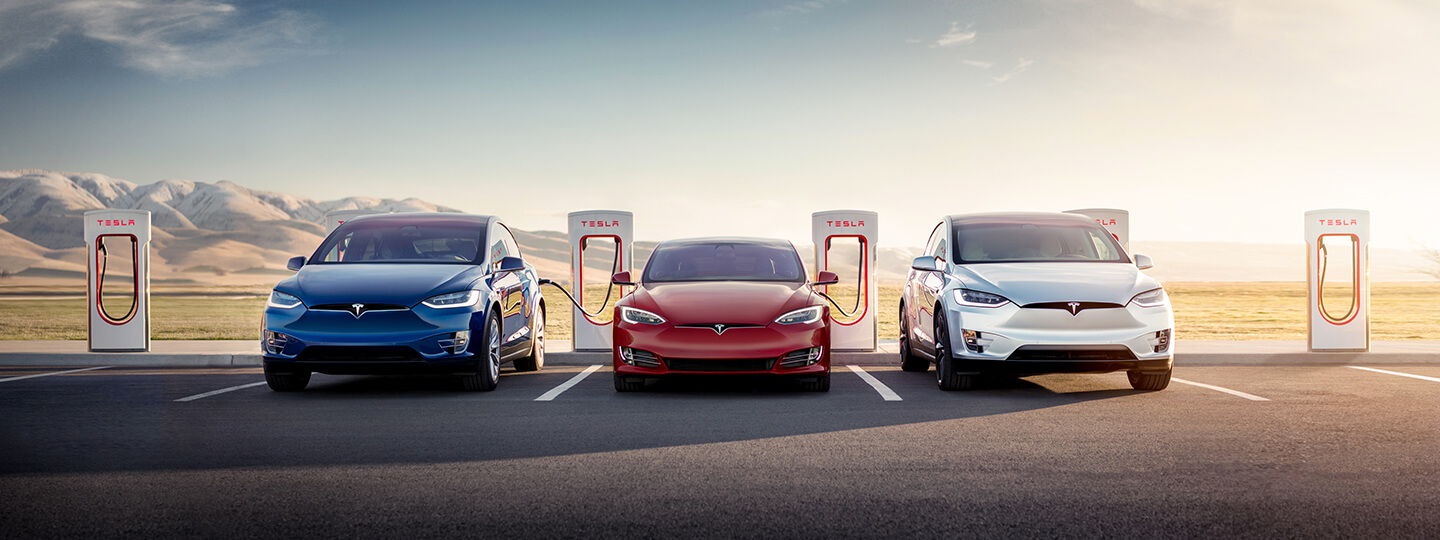Read The Full Article On: Investorplace
To survive the crowded field of electric vehicle start-ups, Fisker Automotive(NASDAQ:FSR) must deliver a quality product and forge an identity that appeals to both consumers and people who own FSR stock.

Source: Eric Broder Van Dyke / Shutterstock.com
Fisker, as in founding owners Henrik (a noted car designer) and Geeta Gupta-Fisker, are systematically building a new “car” company.
It appears to be two years or so away from delivering vehicles, starting with an SUV named the Ocean. Despite the wait and uncertainty, motorists are registering early orders for the vehicle.
As Fisker goes about setting the foundation of his company, potential investors are looking at FSR stock. They are debating two decisions. First, whether Fisker is a play they want to make in the emerging electric vehicle industry. And second, if now is the time.
FSR Stock Takes a Dip
During December, shares of Fisker declined 24%. The pullback appears to be a correction limited to Fisker as the market responded to a soaring valuation of the company.
The development is interesting because many observers believe electric vehicle stocks are in a bubble. That is, eager investors pushed prices beyond what is justified by company fundamentals. And, like a thin balloon, this bubble will burst and prices will reset.
Market bubbles are only fun as folks make money. Once it pops, the losses can be painful. We have seen this happen again and again.
In this case, FSR stock began a spike in November. By the end of the month, shares reached the low 20s, likely due to Joe Biden’s presidential election victory. This surge proved to be unsustainable and the company’s shares returned to the middle teens, where they’ve remained going into the new year. On Jan. 11, FSR stock was trading around $15 per share.
Over the last 12 months, a share of FSR ranged from $8.70 to $23.62.
Fisker is demonstrating some of the volatility associated with newer, immature stocks. However, over the last year, it found a home around $15.
Fisker Takes More Steps
This is Henrik Fisker’s second go at making vehicles. His first, launched about a decade ago, ended in the company’s bankruptcy. Fisker is following a new script this time.
For example, the focus now is to make all-electric vehicles, rather than plug-in hybrids.
Also, Fisker is not trying to build manufacturing facilities and dealerships from scratch. Instead, he is negotiating agreements with companies experienced in these fields. He has a deal with Canadian manufacturer Magna (NYSE:MGA) to build the vehicles. A more recent agreement was with Cox Automotive for delivery and servicing.
This approach will allow Fisker to design, make and deliver vehicles more quickly than creating everything from nothing. He won’t be the first to outsource manufacturing, as this strategy is being used by other EV makers, such as China’s Nio (NYSE:NIO).
The intent is to let Fisker, a gifted designer of impressive vehicles, focus on what he does best.
Investors worried by the failure of his first auto-making endeavor aren’t concerned over nothing. His track record cannot be denied. But failure can be a good teacher. Time will tell if Fisker applied his lessons well.
About the Ocean
Fisker is setting the company apart by designing vehicles built with a significant amount of recycled materials. The Ocean SUV is the first of three proposed models.
In September, I wrote about the pending merger that would remake Fisker as a publicly-traded company. That article also examines the planned use of recycled materials. These materials will include plastic bottles and even tires. This is an intriguing commitment and could pay dividends if supply and price details are worked out.
The significant use of recycled materials will be attractive to motorists interested in electric vehicles to combat pollution and use of fossil fuels.
The Bottom Line
As one of several electric vehicle start-ups, Fisker Automotive draws investing naysayers. Some of this stems from Fisker’s failure a decade ago, which is understandable.
However, Fisker also seems to be on a course to make something different in a field of many copy cats. The company is making strategic decisions to simplify its operations and focus on design and engineering. This will, at the least, influence others in the developing industry.
FSR stock is risky, yes. But for those who tolerate risk, it is affordable for a long-term play with strengths that other companies can’t match. The recent pullback makes it a better buy.

